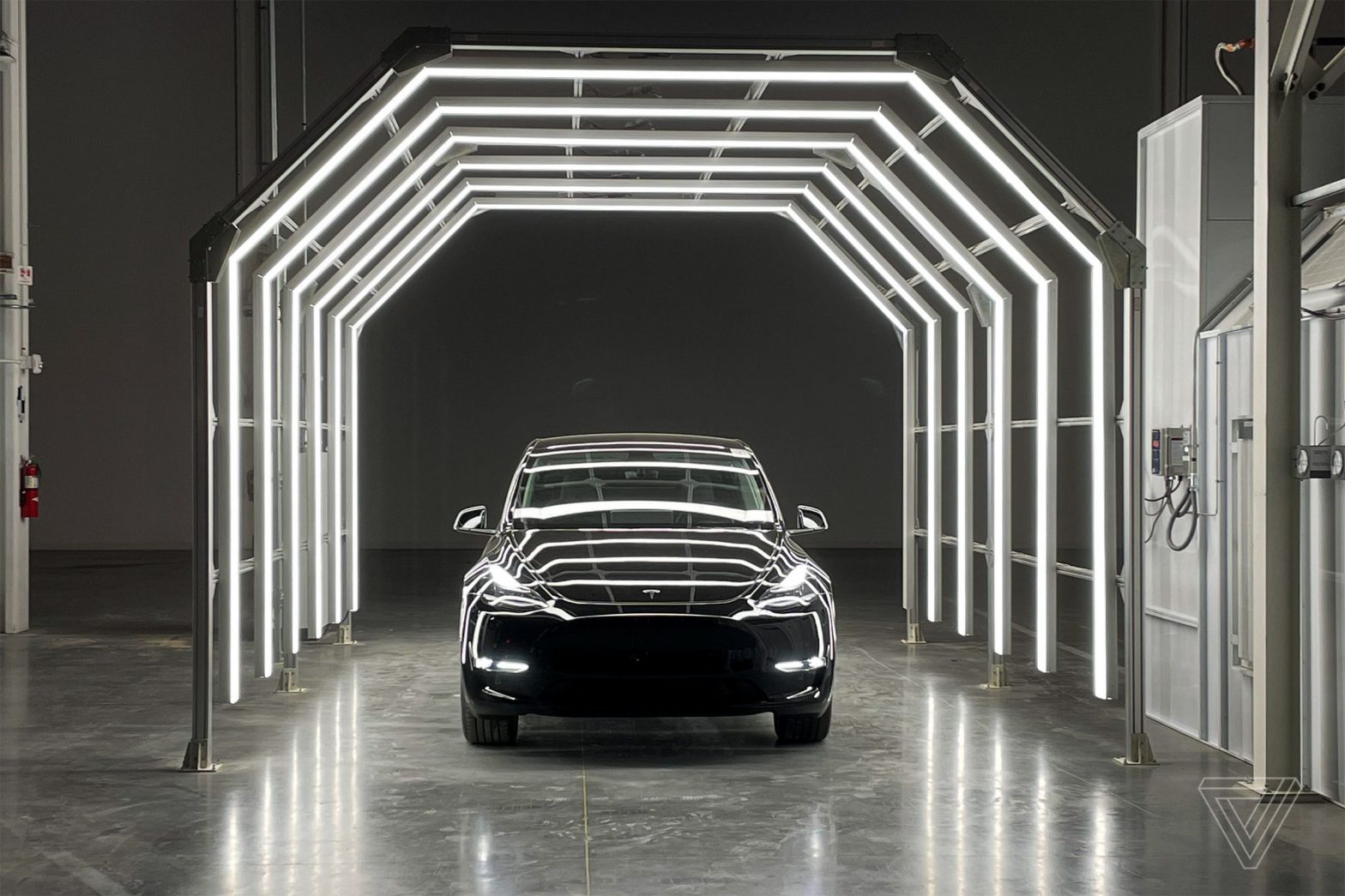/
The Dawn Project, an anti-Tesla group fronted by software developer Dan O’Dowd, said its ad criticizing Tesla Full Self-Driving was rejected for violating a ban on ‘political’ content.
:format(webp)/cdn.vox-cdn.com/uploads/chorus_asset/file/23387481/lgrush_220407_5139_0027.jpg)
A vocal Tesla critic is alleging that Twitter rejected an anti-Tesla ad from his safety advocacy group, claiming that the ad violates the company’s policy against “political” advertising.
The Dawn Project, an anti-Tesla advocacy group fronted by software developer Dan O’Dowd, claims that Twitter rejected its attempts to promote a tweet about a full-page ad running in The New York Times criticizing Tesla’s Full Self-Driving (FSD) feature. In a screenshot of an email provided by the group, Twitter said the tweet contravened its policy regarding “political” ads.
The rejected ad was the latest development in a weird, long-running feud between Elon Musk and O’Dowd, who ran a failed campaign for US Senate in California earlier this year. In August, Tesla sent a cease-and-desist letter to the Dawn Project over the group’s YouTube videos of Tesla vehicles running over child-size mannequins. (The videos no longer appear on the group’s YouTube page.)
:format(webp)/cdn.vox-cdn.com/uploads/chorus_asset/file/24178017/Screenshot_2022_11_08_at_08.49.37.png)
The Dawn Project’s tweet about the Times ad is still up, but the group is not able to promote it, which could limit its engagement.
The group’s claims also raise questions about Twitter’s advertising policy in the wake of Musk’s takeover of the social media company. Several major car companies, including GM, Jeep, and Volkswagen, have paused all paid advertising posts on Twitter as they wait to see what the platform will look like under the new leadership. Meanwhile, Musk has tweeted that Twitter has suffered a “massive” drop in advertising revenue, even as user growth is at an “all-time high.”
In a statement, O’Dowd said the ad’s rejection was a troubling sign. “The move to prohibit the advertising of content criticizing Musk’s Tesla Full Self-Driving software raises serious questions over his commitment to free speech,” O’Dowd said in a statement. Twitter did not immediately respond to a request for comment. (Musk has fired 50 percent of the company’s employees, including most of the public communications team.)
Twitter defines political advertising as:
Content that references a candidate, political party, elected or appointed government official, election, referendum, ballot measure, legislation, regulation, directive, or judicial outcome. Ads that contain references to political content, including appeals for votes, solicitations of financial support, and advocacy for or against any of the above-listed types of political content, are prohibited under this policy. We also do not allow ads of any type by candidates, political parties, or elected or appointed government officials.
“Twitter globally prohibits the promotion of political content,” the company says on its support page. “We have made this decision based on our belief that political message reach should be earned, not bought.”
O’Dowd launched a campaign for Senate earlier this year premised on one issue: Tesla. He has been highly critical of the company’s FSD driver-assist feature, conducting his own tests that he claims highlight the technology’s critical shortcomings. (O’Dowd only got 74,916 votes in the June primary, coming in 10th overall.)
The Santa Barbara billionaire clearly relishes irking Musk. He previously ran a full-page ad in The New York Times disparaging Tesla’s FSD, offering $10,000 to the first person who could name “another commercial product from a Fortune 500 company that has a critical malfunction every 8 minutes.”
Tesla supporters note that O’Dowd runs Green Hills Software, which does business with some of Tesla’s competitors, including General Motors, BMW, and Ford. Tesla’s supporters note that he has a financial stake in publicly shaming the company. Meanwhile, Musk responded to the Dawn Project in his own fashion, noting that no one has died while using FSD and labeling Green Hills Software “a pile of trash.”
Since taking over Twitter last month, Musk has moved swiftly to put his imprimatur on the social media platform. The company banned several accounts for impersonating Musk, including comedian Kathy Griffin and Mad Men actor Rich Sommer. Musk later announced that “any Twitter handles engaging in impersonation without clearly specifying ‘parody’ will be permanently suspended.”
